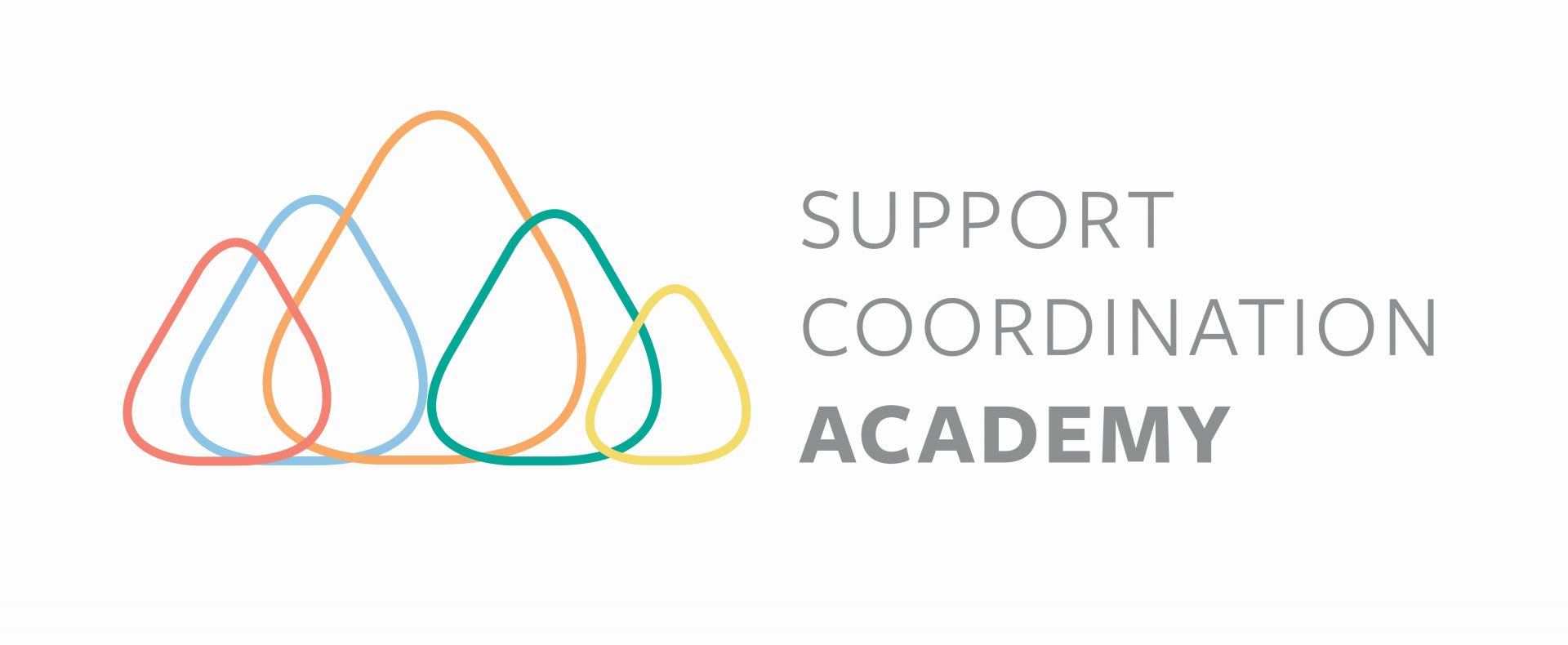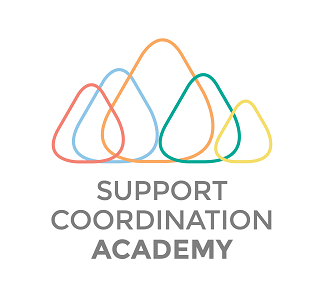Person-Centred Planning: Placing People at the Heart of NDIS Support
Sep 10
/
Mary Ingerton
When we shift from focusing on deficits to highlighting strengths, we empower participants to be active partners in their own journey, and that’s the essence of person-centred planning.
When it comes to NDIS Support Coordination, one of the most powerful tools we have is person-centred planning. It’s not just about services or systems, it’s about people. By focusing on the individual first, Support Coordinators can create stronger relationships, identify meaningful goals, and ensure the right supports are in place to help participants thrive.
In this blog, we’ll explore what person-centred planning really looks like in practice, why it matters, and how Support Coordinators can implement it effectively.
What Is Person-Centred Planning?
At its core, person-centred planning is about recognising that every participant is a unique individual with their own strengths, values, and aspirations. Rather than focusing only on disability or barriers, it takes a holistic view - mental, social, physical, and emotional wellbeing are all considered.
Some of the key questions at the heart of this approach are:
• Who is this person?
• How do they see themselves, and how do others see them?
• What makes them happy, worried, or motivated?
• What are their short and long-term goals?
This process moves beyond compliance, it’s about empowerment. It helps participants not only define what their goals mean to them but also how they want to achieve them and what success will look like.
The Role of the Support Coordinator
A Support Coordinator’s role is to facilitate meaningful conversations and empower participants to be active decision-makers in their own lives.
This involves:
• Listening deeply – ensuring participants feel heard and valued.
• Safeguarding confidentiality – respecting the information the person wishes to share.
• Strengths-based focus – acknowledging resilience, capacity for growth, and passions.
• Problem-solving together – supporting participants to identify barriers and work through them collaboratively.
By adopting this approach, Support Coordinators validate that each person has something to offer. This builds resilience and lays the groundwork for lasting positive change.
Building Strong Support Networks
Effective person-centred planning doesn’t happen in isolation. A coordinated and collaborative approach ensures that everyone in a participant’s support network is working towards the same goals.
This includes:
• Informal supports such as family, friends, and cultural connections.
• Community connections—clubs, groups, and local services.
• Mainstream services such as health, education, and housing.
• NDIS-funded service providers.
By sharing updates, reviewing progress, and collectively planning, these networks can act as a safeguard, assisting participants to manage challenges and overcome crises more effectively.
Tools for Person-Centred Practice
One highly effective tool in this approach is the One Page Profile. This simple but powerful document captures what matters most to the person - their preferences, likes, and the support they need day to day.
Not only does it reduce the need for participants to repeat their story, it also gives new providers an immediate understanding of who the person is. Helen Sanderson’s work on Personalisation and One Page Profiles offers an excellent introduction to this tool.
Why Person-Centred Planning Matters
A person-centred approach is not only aligned with best practice in NDIS, it’s also consistent with broader disability rights frameworks, such as the UN Convention on the Rights of Persons with Disabilities, which emphasises autonomy, choice, and inclusion.
When Support Coordinators take the time to genuinely understand participants, they create the conditions for stronger advocacy, better outcomes, and more sustainable supports.
Final Thoughts
Person-centred planning is more than a process, it’s a mindset. By keeping the participant at the heart of every decision, Support Coordinators can help people move beyond simply “managing” the impact of their impairment to truly living a life that reflects their values, goals, and aspirations.
To continue building your skills, Support Coordination Academy has partnered with National Disability Services (NDS) to run a series of online facilitated Workshops specifically designed to enhance your professional skills and confidence in the Support Coordinator role.


